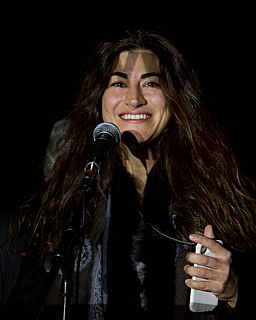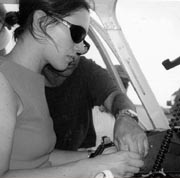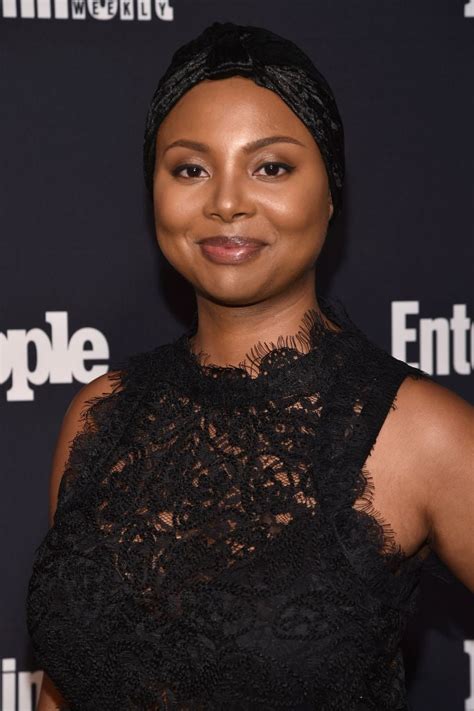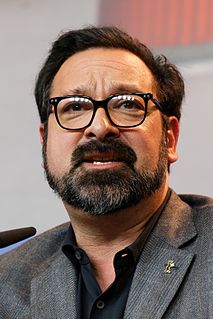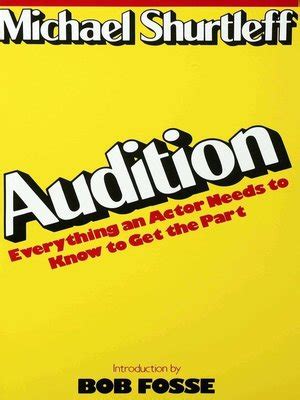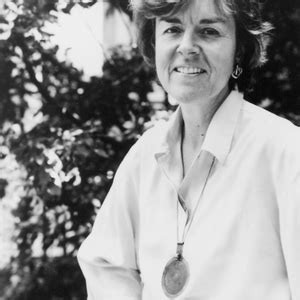A Quote by Jehane Noujaim
In making films, I'm constantly looking for people who are in conflict and who are going to surprise you and challenge you.
Related Quotes
Then the challenge is, once you left brain it and build it, then when you're on stage you have to know it so well that you can get lost in it. I don't want to be onstage looking like a robot, I want to be at the end of the day very emotional and what feels like someone being up there rather than reciting things. That's always the challenge, to analyze and then somehow lose yourself in something you absolutely know backwards and forwards. And nothing's going to surprise you, but you have to be surprised by it and let it surprise you.
I think the films and the paintings erase each other. The paintings are extremely slow and constantly going on in the studio - they're constantly regenerating themselves in this slow, monotonous way that's a physical struggle and can be a pain in the ass. They're all based on very specific math and diagrams. And the films, when I'm making them, are very fast, very collaborative, with a lot of improvisation.
My point of view actually on artificial intelligence, which ties into the nature for humans constantly looking into the reasons for why we exist and why consciousness exists changed during the making of Chappie. And I'm not actually completely sure that humans are going to be capable of giving birth to A.I. in the way that films fictionalize it.
Characters exist in a flat line until we challenge them - sometimes they challenge themselves, sometimes they're challenged by other people, by nature, by robots, or by fungal infections in and around one's nether-country. Stories need conflict across the physical, emotional, intellectual and spiritual spectra. Accidents, betrayals, cataclysm, desperation, excess - these are the letters in the alphabet of conflict.
For me, making a lot of dramas on one side it's a different sort of challenge, and on the other, it's not a challenge at all, meaning that my goal is to try and bring the realism and acting you might find in a straight drama with the intentions and conflict, where it doesn't feel tongue-in-cheek, but rather committed and real.
I did sit in cinemas as a kid looking at English and American movies thinking, "Wouldn't it be great if the characters were like real people?" And the worst thing is films are constantly advertising themselves, drawing attention to their style of things. But actually I make films that I think are extremely sophisticated and cinematic. But you don't want the audience thinking about the bloody film. You want them to think about what's going on, and believe in it. Be flies on the wall, you know?
It's true that there are younger people making films, and there are different kinds of films. This has created some attention in what's coming out of Greece, and people like to find a way to name this new ethnic cinema. It's not like there's a movement, or a common philosophy in making these films. They're just things that happened, and now people are paying attention to it.
